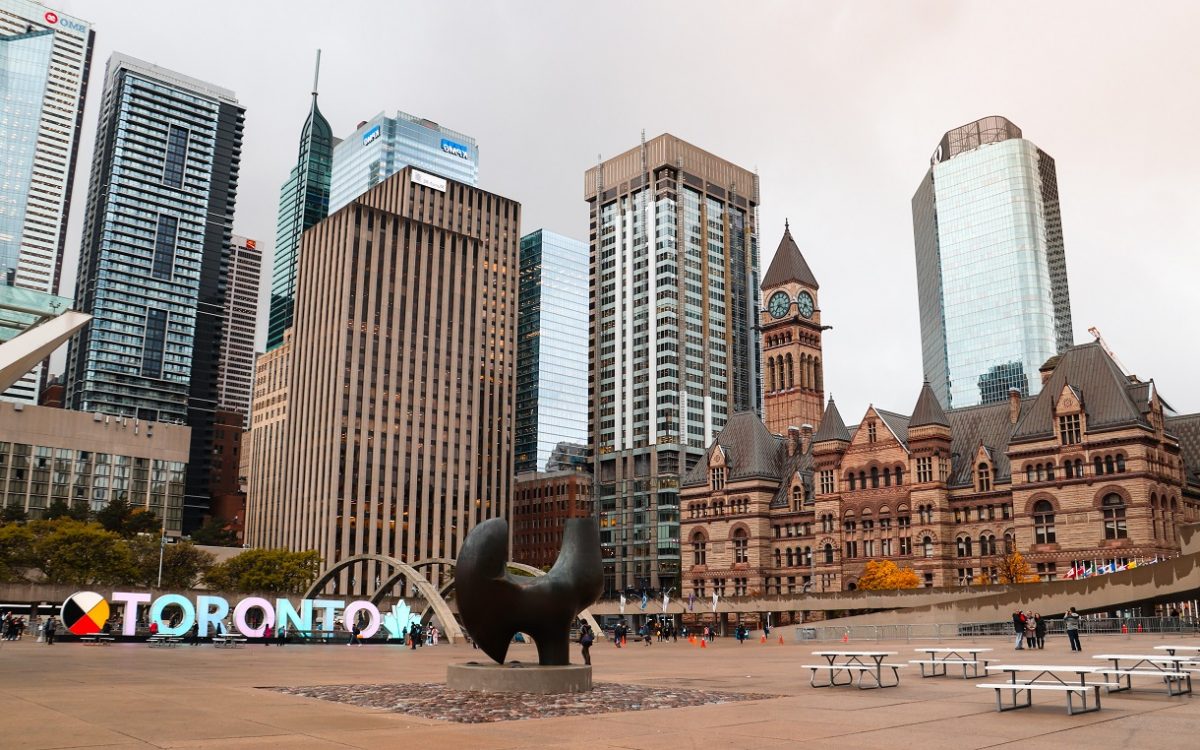The plaintiff alleged to have sustained injuries resulting in chronic pain as a result of a motor vehicle accident. The plaintiff sued the defendant driver for damages. Following trial, the jury awarded the plaintiff $36,000 in gross general damages. The plaintiff recovered nothing after application of the statutory deductible. The defendant had made an offer to settle of $20,000 plus costs and disbursements 30 days before trial. Based on the defendant beating that offer, Justice Varpio awarded the defendant $150,000 in costs and disbursements, which he found to be a reasonable amount following a three-week trial. The plaintiff’s adverse costs insurance only covered $93,000 of those costs, so the plaintiff was given 12 months to satisfy the award.





